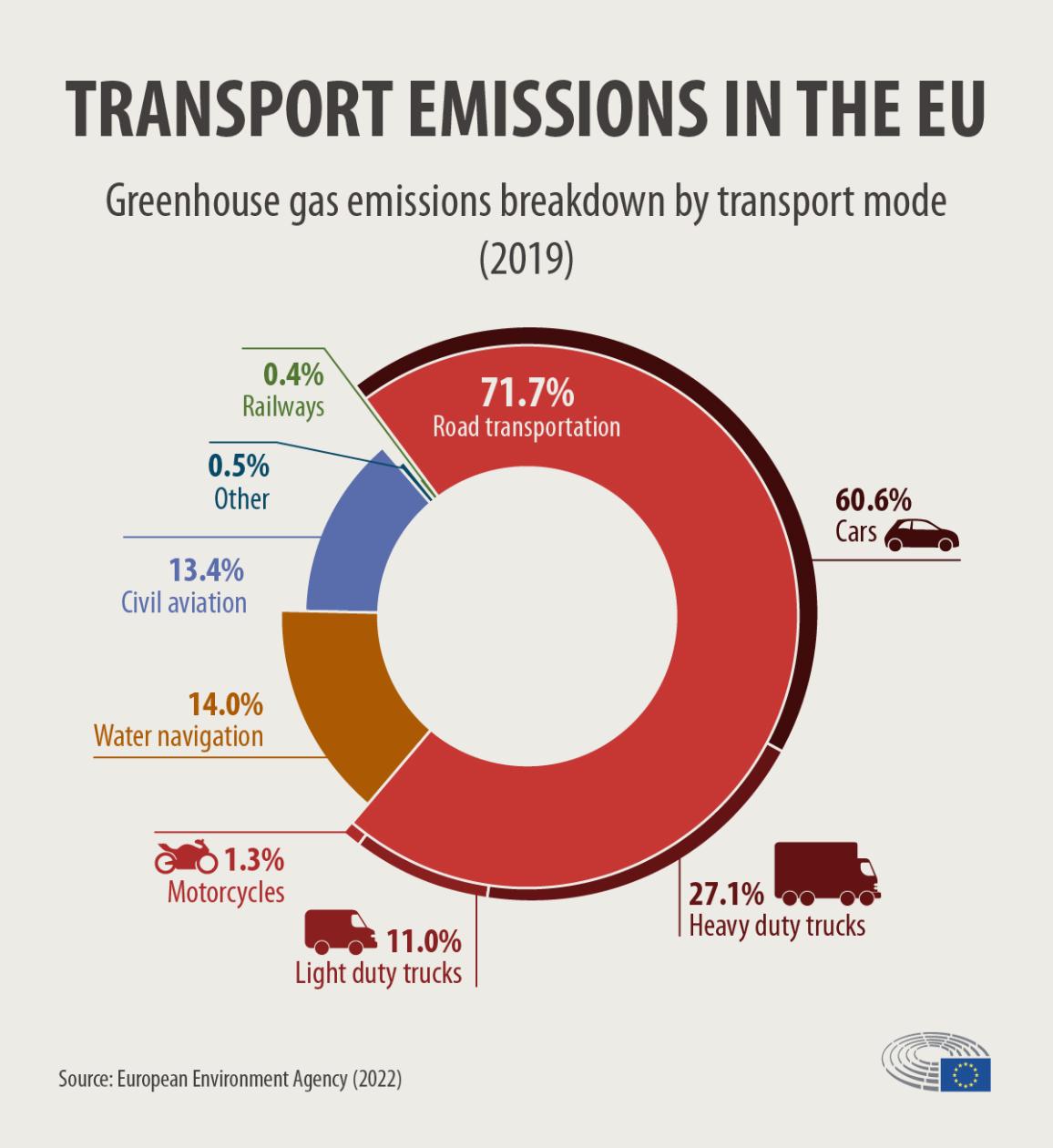As the world struggle with the climate crisis, there is an urgent need to reduce greenhouse gas emissions in every possible sector. The transportation industry, which is responsible for a significant portion of global emissions, has become a key focus of efforts to reduce carbon footprints.
As part of this effort, the European Union recently announced plans to outlaw the sale of new petrol and diesel cars by 2035. However, some countries officials have expressed concerns about the impact of these regulations on the automotive industry, and are calling for a more measured approach.
The Italian Prime Minister Giorgia Meloni called the plan a “Suicide” and a “Gift” to the Chinese Industry, while it’s certainly important to consider the economic implications of new regulations, it’s important not to lose sight of the ultimate goal which is to reduce greenhouse gas emissions.
Have you ever asked yourself about the amount of carbon dioxide that is emitted by cars, or whether electric vehicles genuinely provide a more environmentally friendly option than traditional gasoline-powered vehicles?
Here below is a breakdown of greenhouse gas emissions by transport mode in the EU, road transport accounts for about a fifth of EU emissions.
 Source: EEA
Source: EEA
Now, when we think about the environmental impact of cars, it’s not just the carbon dioxide emissions that come out of the tailpipe while driving that we need to consider, there are many other factors that contribute to the overall carbon footprint of a car.
For example, the production of a car can be a very energy-intensive process, requiring significant amounts of electricity, the extraction of raw materials like metals for batteries, plastics that are used in car production can also be highly polluting.
Considering the average energy mix in Europe, electric cars are already proving to be a cleaner option compared to petrol-powered vehicles and with the share of renewable electricity on the rise, electric cars are poised to become even more eco-friendly, especially with the EU’s plans to create more sustainable batteries.
But one thing, no matter — Where — we produce the cars, the key to success in the electric vehicle market is manufacturing efficiency, quality, affordability and accessibility, if electric vehicles are affordable and accessible, more people will be able to make the switch from gas-powered cars to greener transportation. This, in turn, will help to reduce emissions and slow the progression of climate change.